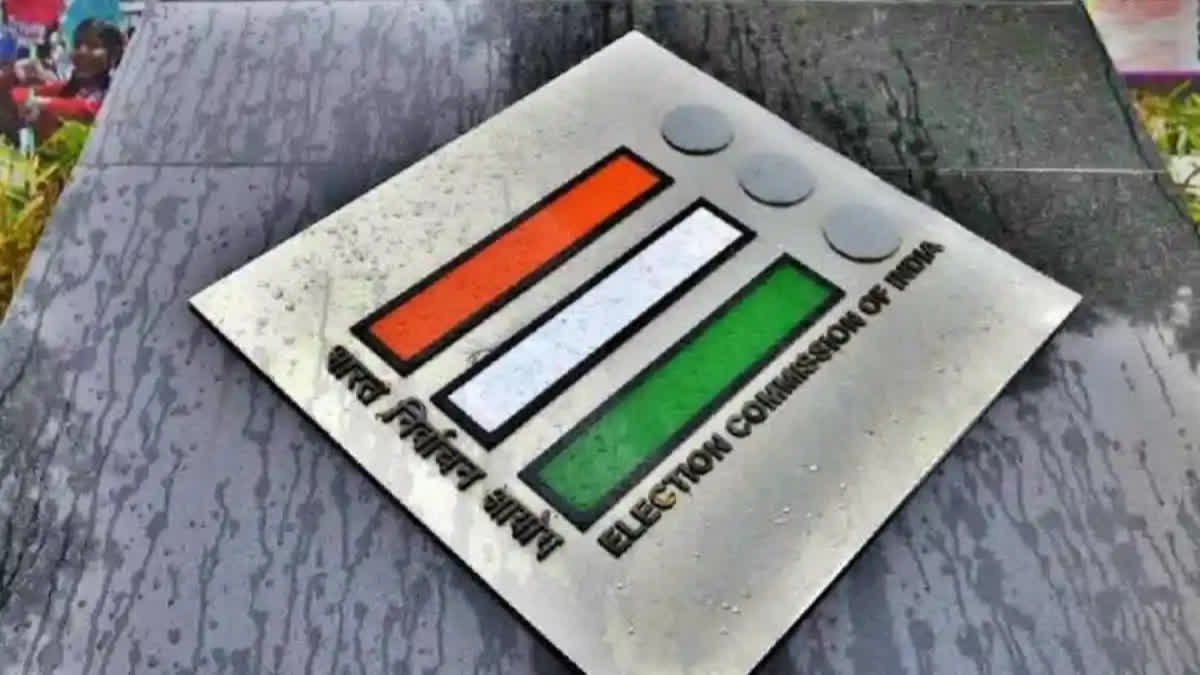Hyderabad (Telangana): After 191 days of research and consultation with stakeholders and experts, the High-Level Committee (HLC) on Simultaneous Elections met with President Murmu at Rashtrapati Bhavan on Thursday (March 14) and submitted its report based on recommendation for electoral simultaneity.
The Democratic Progressive Azad Party (DPAP) leader Gulam Nabi Azad, Union Law Minister Arjun Ram Meghwal, Union Home Minister Amit Shah, and other committee members were present when the 18623-page report was submitted. Of the 47 political parties that gave their opinion to the panel on simultaneous elections, 32 have supported it, while the remaining 15 opposed the idea.
The report lists the reasons for holding simultaneous elections or conceptualising 'One Nation, One Poll'. They include:
Reduced Financial Burden:
The report states that the cost associated with holding an election separately for the House of the People and the State Legislative Assemblies goes far beyond quantifiable facts on election expenditure.
It says the House of People and State Legislative Assemblies' electoral cycles being synchronised at the same time provides a pragmatic way to streamline the electoral calendar, ease administrative procedures, and maximise the application of human and financial resources.
The report including the views, and suggestions of Former Chief Justices of India and Chief, Justices of High courts, Former Chief Election Commissioners, State Election Commissioners, and Economists provides evidence-based rigorous economic analysis on the direct and indirect costs of holding elections and their impact on the national economy, including gross domestic product and inflation.
Focus on Governance
As per the report, political parties, leaders, lawmakers, and both State and Central Governments frequently spend their time and resources on upcoming elections rather than on issues of governance because of the continuous cycle of polls that take place across the nation.
Every year, several states conduct elections, which frequently places restrictions on how the government can operate. As a result, there is a shift in governance that causes instability and uncertainty as governments struggle to navigate the complexities of electoral politics and coalition dynamics before and after elections.
Impact of Model Code of Conduct
The report attributes the Model Code of Conduct (MCC), that serves as a set of guidelines to ensure fair and free elections and monitors the conduct of political parties and governments. Regular elections cause the Model Code of Conduct to be enforced for longer periods of time, which leads to a deficiency in governance and policy gridlock, the report says.
Apart from standard administrative work, until the MCC is lifted, the execution of other charity programmes and the advancement of government projects are jeopardised, it adds.
The Election Commission of India stated that during the elections to the 17th Lok Sabha (House of the People) in 2019, the ECI enlisted the services of approximately 70 lakh personnel to serve as polling officials, overseeing the election process at 12,03,800 polling stations nationwide. This equates to an average of around 6 personnel per polling station.
Whether they are privately owned or managed by the government, schools are usually selected as polling booths. These institutions' employees and instructors are compelled to perform election-related tasks, which keeps them away from their primary duty of educating students.
